
Events List
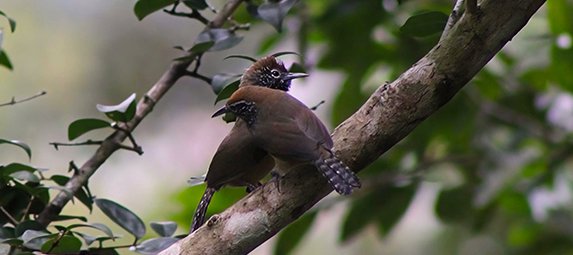
Virtual General Meeting and Program: It Takes Two: An introduction to Bird Duets
Why do some birds sing together? In many tropical species, pairs coordinate their voices in remarkably precise duets—but how do these songs work, and what are they for? Register for this event presented by Costa Rican biologist Montserrat Alvarado-Deckwart.
Photo of White-eared Ground Sparrow pair by Pablo Rojas Rodriguez.

Online General Meeting and Program: Dinosaurs Amongst Us with Kim Adelson
Zoom in from the comfort of your home to experience Kim Adelson’s presentation: Dinosaurs Amongst Us. Come learn about the structural and behavioral similarities between birds and the more “classic” dinosaurs they evolved from. Register to attend.
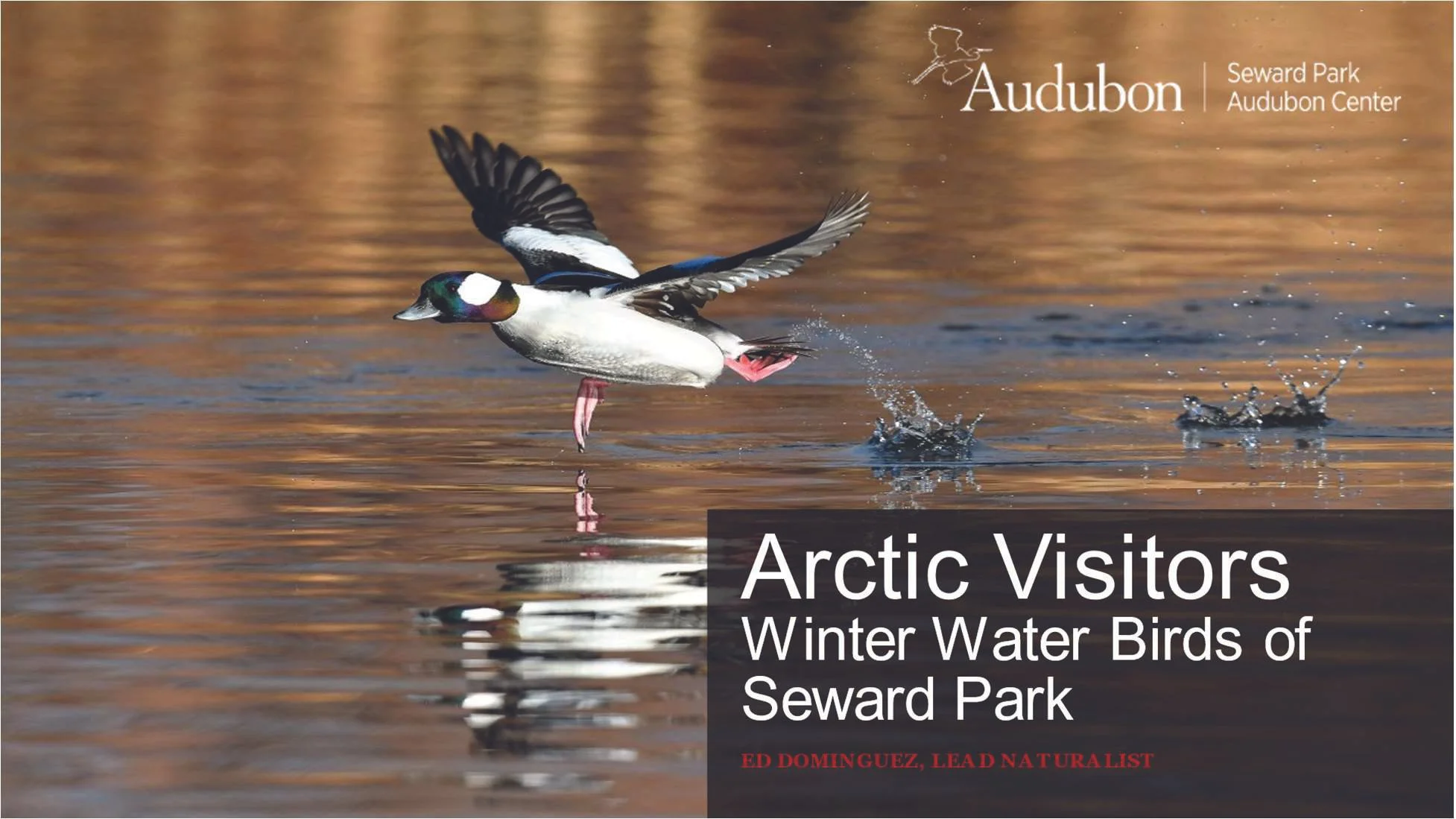
General Meeting and Program: Arctic Visitors
Every autumn our waters host colorful waterfowl that leave their breeding grounds in the far north to overwinter with us in the Puget Sound lowlands. Join Seward Park Audubon Lead Naturalist Ed Dominguez to explore the amazing colors and varieties of ducks, grebes, and coots we call Arctic Visitors.

General Meeting Program—How Birds Fly: the Science and Art of Avian Flight
An image taken in Colombia of a Black-billed Mountain Toucan (Andigena nigrirostris) configured for landing.
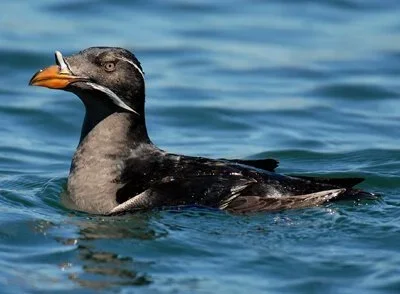
General Meeting: Alcids — Enigmatic, Enchanting, Inspiring
Join Steve and Martha Ellis for a general meeting program highlighting the mysterious puffin family.
Birds in this particular grouping have many abilities and physiological features that set them apart from other seabirds. For instance, alcids are the only birds that routinely spread their wings when diving beneath the sea.

General Program Meeting: Come share your best birding moments…
Brng your photos to share on a thumb drive, plus snacks and a beverage for an end of the season celebration.

Annual Membership Meeting, plus A Riot of Color: Costa Rican Birds
hummingbird
This is our annual membership meeting to elect new board members and discuss relevant business with Whidbey Audubon Society members. We’ll sweeten the meeting with an ice cream social.
This February a number of Whidbey Audubon members traveled to Costa Rica and had a wonderful experience seeing birds and other natural wonders. Following a business meeting they will present an illustrated program.
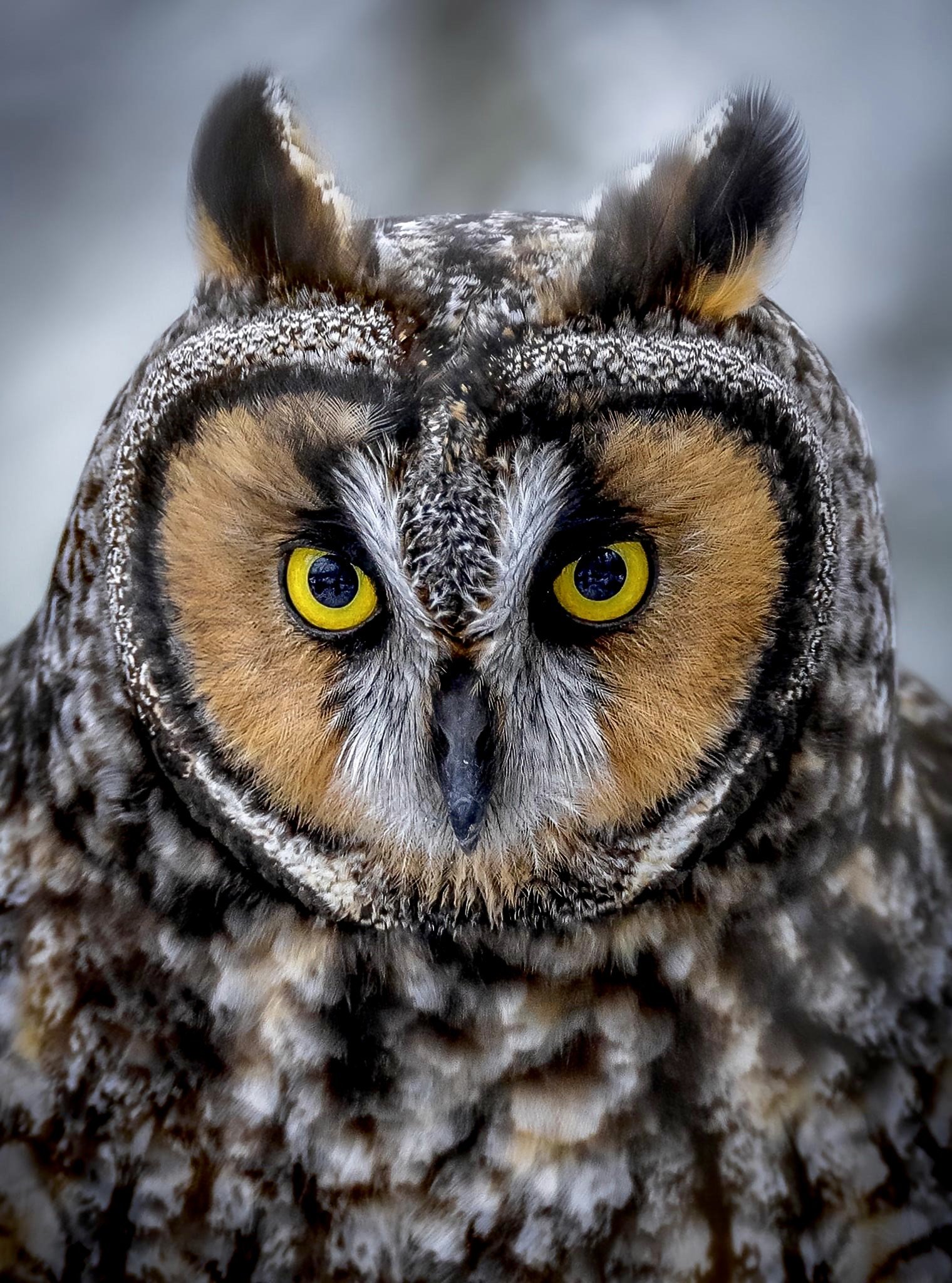
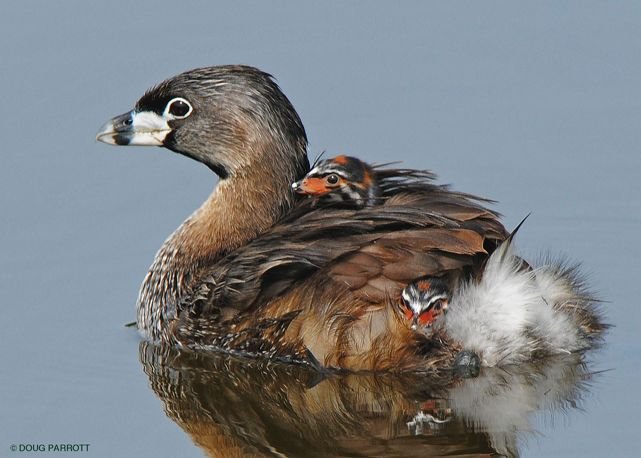
Grebes Are Great! with Connie Sidles
Mother grebe with chick aboard. Photo by Doug Parrott
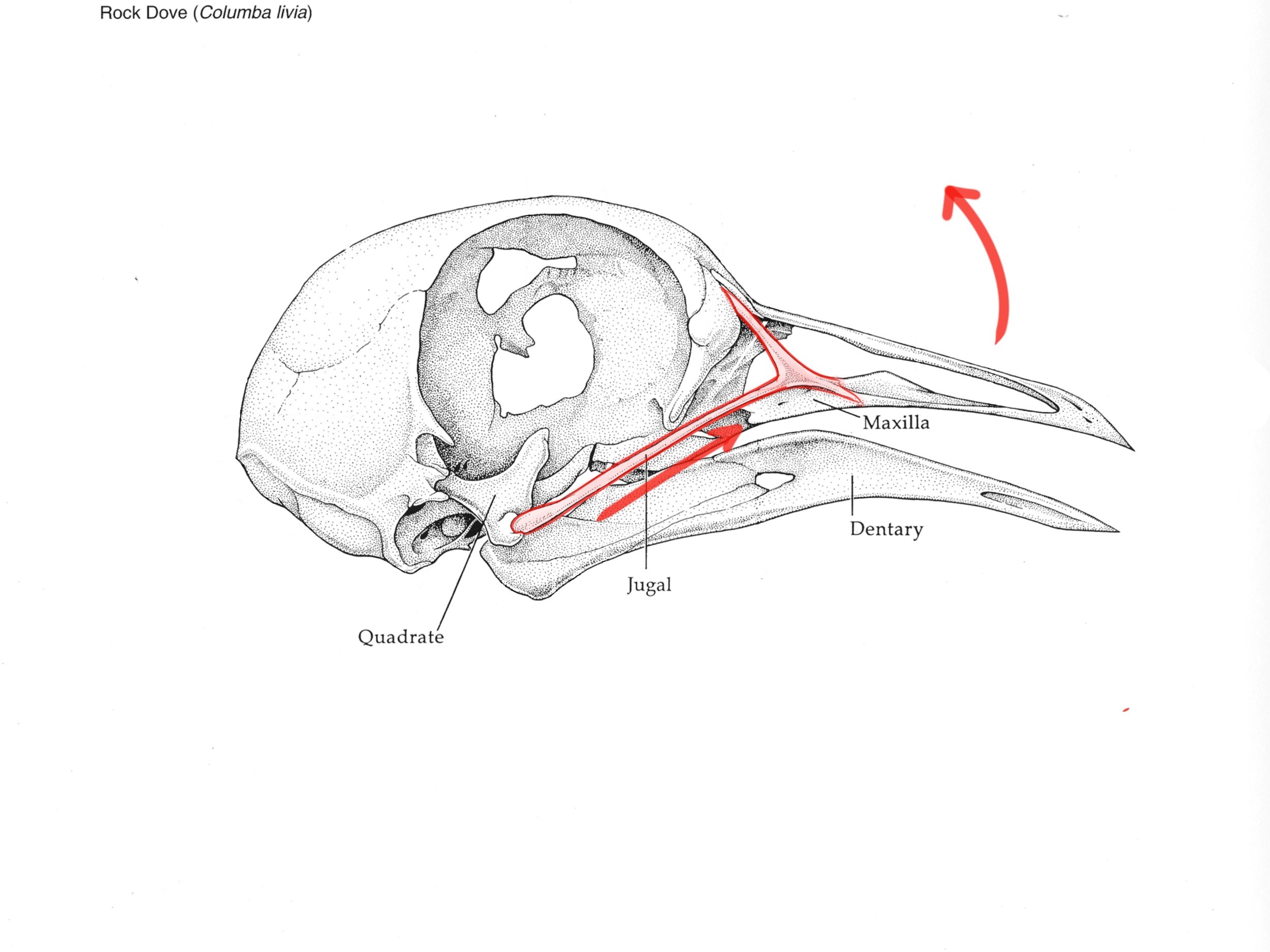
Under the Surface: Bird Bones and Skeletons, with David Lukas
Birds are exquisitely designed creatures of the air, but have you ever thought about how the underlying structure of a bird’s bones and skeletons help birds move and fly? Flight is not just a matter of flapping your wings harder, it actually requires many special adaptations and compromises that impact all aspects of a bird’s life.
In this presentation we will learn about some of the fascinating adaptations we can observe when we look at a bird’s skull, beak, eyes, wings, legs, and feet. Many of these features are hidden by feathers, yet they uniquely shape every aspect of what we see when we watch birds. Expect to come away with a new understanding and appreciation for the hidden mechanics of how birds eat, sleep, and move, along with an understanding of how feathers interact with a bird’s skeletal structure.
David Lukas is a well-known naturalist and author based in the Methow Valley. He has written seven books and contributed chapters to another forty books on a tremendous range of nature topics. He has also led thousands of natural history tours, classes, workshops, and presentations.
Join us for this virtual program on Zoom by registering below. You will receive the zoom link when you sign up. The program is free and open to the public.
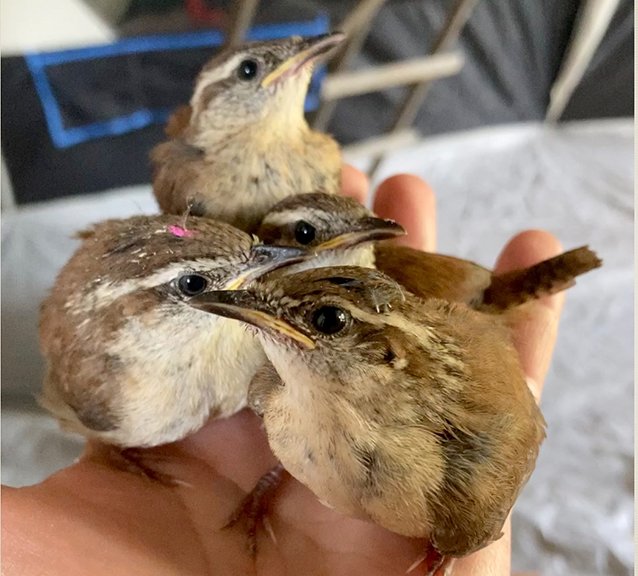

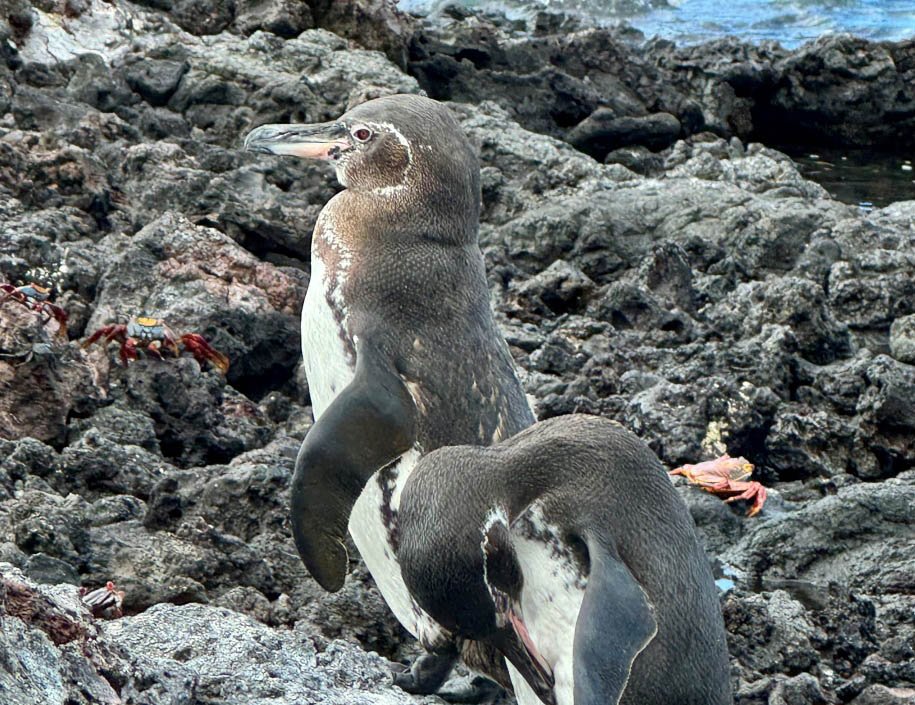
Program Meeting: The Encantadas - Two Weeks in the Galapagos Islands
Galapagos penguins, photo by Dave Parent.
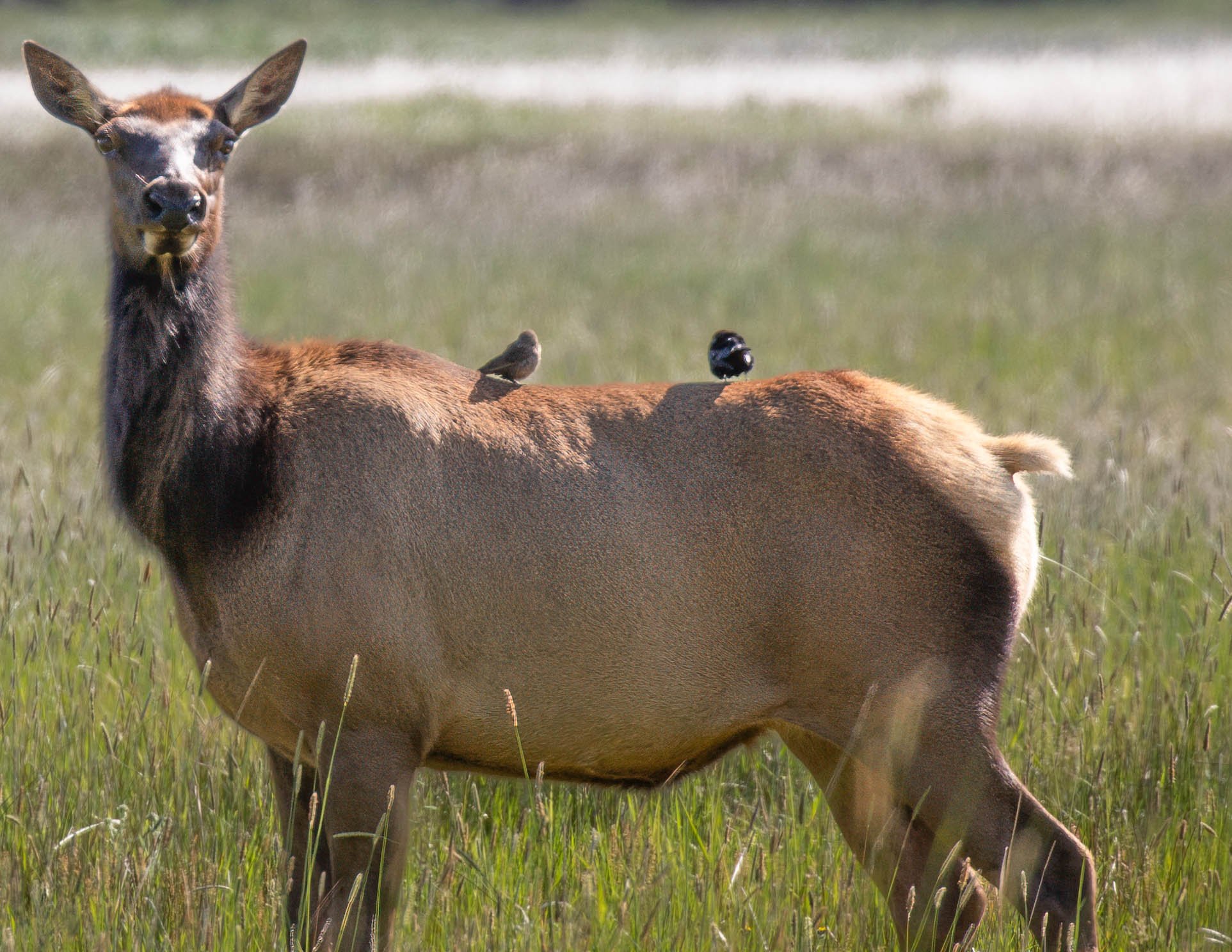
Program Meeting: Feathers and Fur: the Interwoven Lives of Birds and Mammals
Photo by Jann Ledbetter

Meeting Program: American White Pelicans with Kurt Licence
A squadron of White Pelicans framed by autumn-hued trees at Deer Lagoon. Photo by David Welton


Shining a Light on Moths with David Droppers
David Droppers with large moth on his nose.
There is so much more to moths than you realize, a world more! Not only are they far more important pollinators than people realize, but they're also key to getting more birds in your yard. How? David will explain that by becoming a moth-er, and catering to the night-shift pollinators in your gardens, you'll also be setting the dinner plate for your birds. And those moths— oh, what a world of wonders they hold, so complimentary to birds and indeed wholly unique. You'll never think of a moth the same way again.
David Droppers has been teaching courses on topics from birds to butterflies to trees to microorganisms for a variety of groups, including college biology courses and nonprofit environmental groups. He has put his expertise to work for the National Park Service, U.S. Forest Service, University of Washington and Woodland Park Zoo, among many others. He is ecstatic about sharing his passion for the natural world with others who wish to learn. His enthusiasm is said to be contagious!
Join us for this Hybrid meeting at the Unitarian meeting house.
If not attending in person, register below to receive a Zoom link.

Measuring the Heartbeat of the Planet—Through Birds
Join Brian Sullivan of the Cornell Lab of Ornithology for a glimpse into what the Cornell Lab of Ornithology is doing to create an ecosystem of tools. This program is online via Zoom.
It's easy to feel hopeless these days. Our planet is on the edge, nearer than ever to the point of no return. Bird populations are crashing, as ecosystems around the world suffer from climate change, habitat loss, and myriad forms of anthropogenic deterioration. What can we do to stop it? What can you do? What can I do? If you find yourself struggling with these questions, join Brian Sullivan for a glimpse into what the Cornell Lab of Ornithology is doing to create an ecosystem of tools to engage a global community of birders, generate the best most actionable science from the data and get these data into the hands of decision-makers around the world—all in a collective effort to 'bend the curve' for birds, biodiversity, and humanity. Learn how you are making a difference in this battle, or, how you could. Together, we can measure the heartbeat of our planet through birds.
Join us for the February General Membership meeting via Zoom. The meeting and program are free and open to the public. The meeting starts at 7 with socializing and a brief business meeting. The program begins at 7:30 p.m. Please register below for a link to the program.
Brian Sullivan of the Cornell Lab of Ornithology
Brian Sullivan has conducted fieldwork on birds throughout North America for the past 30 years. Birding travels, photography, and field projects have taken him to Central and South America, Australia, Antarctica, the Arctic, and across North America. He has written and consulted on various books including popular and scientific literature on North American birds. He is a co-author of several books including: Peterson Guide to Bird Identification—In 12 Steps; Better Birding—Tips, Tools and Concepts for the Field; Offshore Sea Life ID Guide: West Coast; Offshore Sea Life ID Guide: East Coast; The Crossley ID Guide: Raptors; and the forthcoming Princeton Guide to North American Birds. He is co-creator of the groundbreaking Raptor Id app for mobile devices. He is currently Digital Publications Lead at Information Science and formerly a project leader for eBird at the Cornell Laboratory of Ornithology. He also served as photographic editor for the American Birding Association’s journal North American Birds from 2005-2013.

Washington's 12 Woodpecker Species with Jeff Kozma
Jeff Kozma, TFW Wildlife Biologist with the Yakama Nation and lead author of the Birds of the World account for the White-headed Woodpecker, will review key plumage and vocal characteristics needed to identify all 12 of Washingtons' breeding woodpecker species. Jeff will also discuss habitat and behavioral differences between the species to further aid in identification.
Join us for the January General Membership meeting via Zoom. The meeting and program are free and open to the public. The meeting starts at 7 with socializing and a brief business meeting. The program begins at 7:30 p.m. Please register below for a link to the program.
A Dead Tree’s Excellent Adventure
Link to the program video here.
Image by Pavel Satraka
What happens when a tree dies in the forest? Follow along as we track the changes in the dead tree, from fresh dead, to hard snag, to soft snag to down log, and all of the life that follows in the decaying wood. The important ecological role of dead trees is explored, particularly by way of habitat use by the many species. In fact, almost 40% of forest wildlife are somehow dependent and tied to dead wood for their survival. Suggestions for management are included. The presentation is photo rich and might even include a song!
Ken Bevis
Ken Bevis is the Stewardship Biologist for the Washington Department of Natural Resources (DNR) Smmall Forest Landowner office. Ken is a lifelong hiker, hunter, fisherman, skier, bird watcher and avid naturalist. Originally from Virginia, he has lived in Washington since 1986, and has held a variety of positions in natural resource management including; the Forest Service, Yakama Indian Nation, Washington Department of Fish and Wildlife (15 years) and now, DNR. Ken has a BS in Forestry and Wildlife from Virginia Tech (1979), and a Masters of Biology from Central Washington University (1994), where he studied Cavity Nesting Birds in three eastern Washington forest types. He now helps landowners learn how to manage small private forest lands for wildlife on their property. He makes frequent presentations for workshops, classes and Washington State University Extension programs and is a talented singer/guitar player as well. He continues to be fascinated with dead trees, and works daily on finding humor in everything.
This program is free and open to the public. It will be a Zoom meeting. The Whidbey Audubon Society meeting starts at 7:00, and the program will kick-off at 7:30. Please register below to receive the Zoom link.

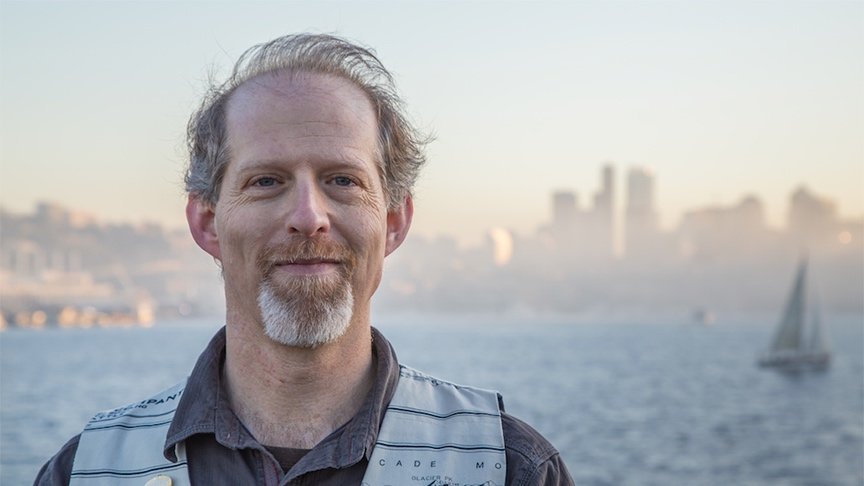
Homewaters: a Human and Natural History of Puget Sound
In his talk based on his book, Homewaters: A Human and Natural History of Puget Sound, David B. Williams will focus on the long story of the Sound, tracing human history from the earliest records more than 12,500 years ago to present. Along the way, he'll discuss Native people, the arrival of explorers and settlers, and how the various inhabitants adapted to place. He will also weave in stories of the natural world, covering often overlooked species such as Olympia oysters, rockfish, geoduck, kelp, and herring, as well as salmon and orca.
Save the date. This will be a Zoom meeting only; no in-person attendance. All Whidbey Audubon Society members will be sent the Zoom link. Nonmembers need to register below to receive the link. Registration will close at noon the day of the program, and we will send you the Zoom link shortly afterwards.
Registration is closed.

The Aerialists: One tough way to make a living
Eckhardt Kriel/Audubon Photography Awards

CANCELLED: The Aerialists: One tough way to make a living
Eckhardt Kriel/Audubon Photography Awards

Rooted: focusing guideposts to connection in the natural world
Lyanda Lynn Haupt
Photo by Tom Furtwrangler

Of Puffins and Petrels: Seabirds of the Salish Sea and Outer Coast with Peter Hodum
An airborne puffin with a fish.
Photo by Peter Hodum
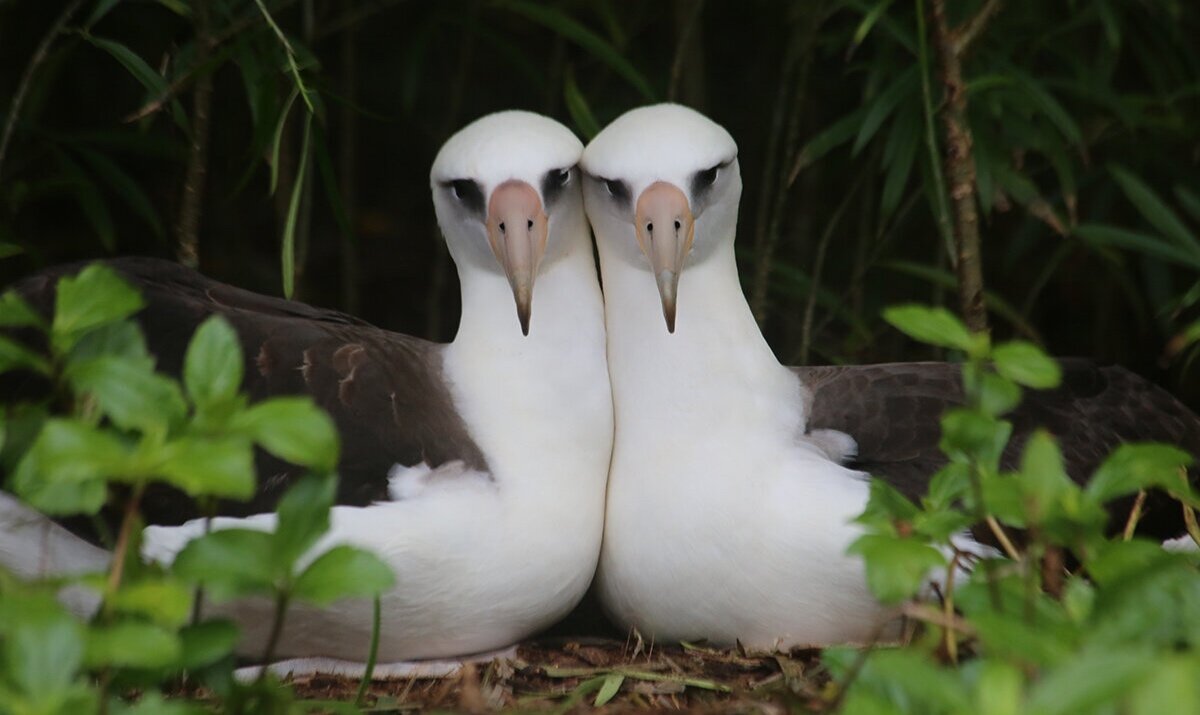
Laysan Albatross with Hob Osterlund
Hear more about the Laysan Albatross at the general meeting program. They fly unbelievable distances, live longer than any other wild bird and are iconically devoted to their chicks. They spend about 90 percent of their lives airborne and most of that time are solitary.
No Program Meeting in December
Next program meeting is the second Thursday in January. Happy New Year.
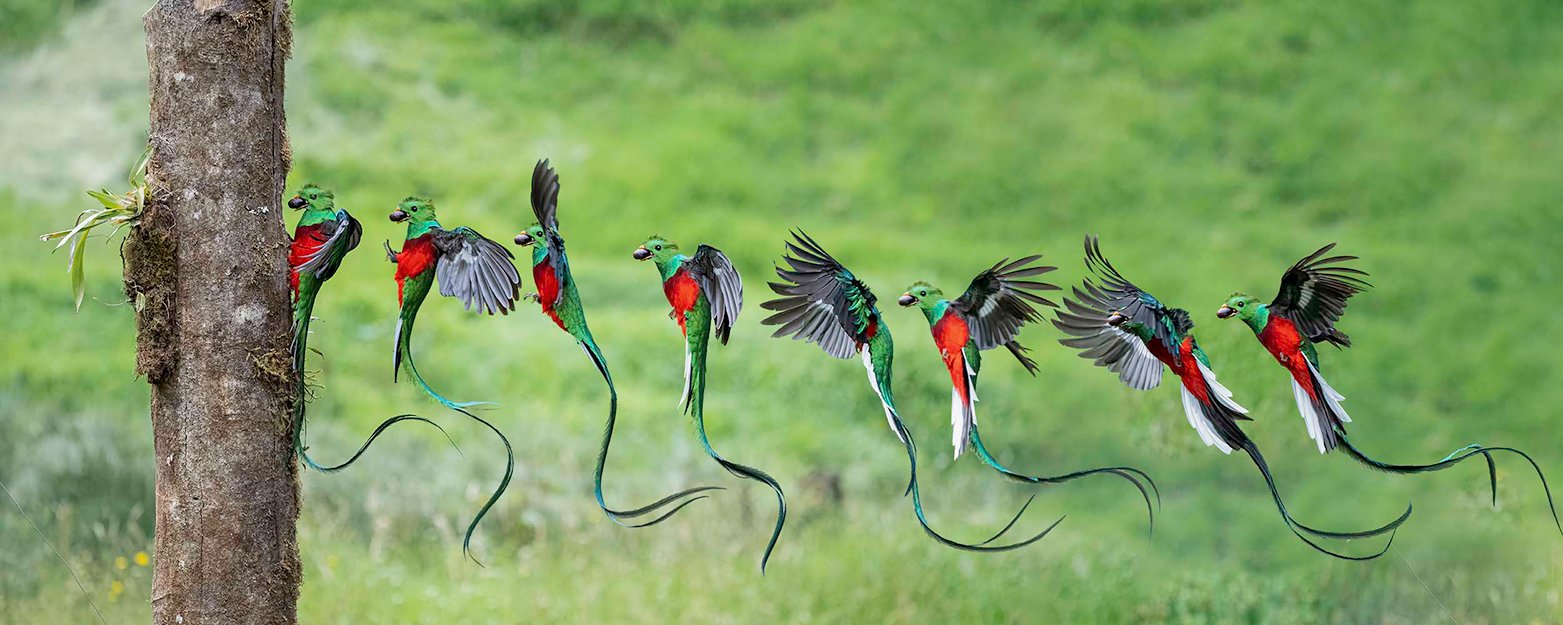
Bird Flight: Photographs, Stories and Science
Peter Cavanaugh photo taken in San Gerardo de Dota, Costa Rica.
Final Approach – a collage of multiple images of a male Resplendent Quetzal (Pharomachrus mocinno) during his final approach to the nest. What about the gyrations of those tail streamers?

Birdscaping with Carolyn Wilcox - Part 2
A recording of Part 1 of this program is available here.
If you are not a Whidbey Audubon Society member or you are not a nonmember who registered for Part 1 of this program and you would like to see Part 2 live on Zoom, register below. All Whidbey Audubon Society members and nonmembers who registered for Part 1 will automatically receive the Zoom link for Part 2. Registration is closed.




